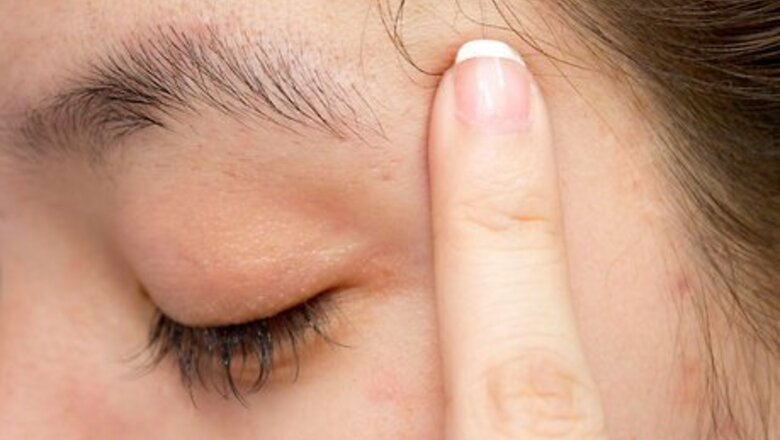
views
X
Trustworthy Source
United States Environmental Protection Agency
Independent U.S. government agency responsible for promoting safe environmental practices
Go to source
. According to a study published in 2021, by 2050 worldwide municipal solid waste generation is expected to have increased by roughly 70 percent to 3.4 billion metric tons and, despite a growing push to recycle, for various reasons, less than 20 per cent of global waste gets recycled[2]
X
Research source
. In any case, if we want to avoid creating trash, we must try to correct not the symptoms, but the disease, and to do that, we should put our focus firstly on reducing. Shifting our mindset about consumption, and doing our best to buy less - in other words, buying only the things that we do need, is the first step. This practice will also make you more aware of other ways to obtain things without buying - either lending, renting, or upcycling[3]
X
Research source
. Educating yourself on what of what you consume is recyclable, and consuming intelligently and putting pressure on companies to use biodegradable and recyclable material without over-wrapping their products, is another part of the solution. Here are some things you can do from now on to change the pattern of overconsumption that we currently experience.
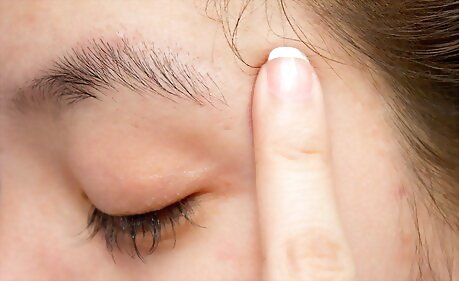
Think about whether you need an item before you buy it. Can you make do with something you already have? The more you buy, the more trash you will create, so if you can make the items you already own do double duty, you will create less trash in the long run. If you buy the groceries for your household, carefully plan a shopping list before you go out to make sure you remember the essentials - this will prevent you from forgetting things you need at the store if you get distracted with things that you don't need all that much. Buy only as much of something as you know you can use before it spoils. Plan your menus ahead, and aim for a one-week supply of perishable foods.

Use less. Portion what you take. If you can do with less than an entire paper towel, tissue, or dryer sheet, consider cutting it into smaller pieces. Empty the trash without replacing the liner, unless the liner is heavily soiled. Separating especially messy trash, such as vegetable scraps for compost, will keep liners usable for longer. Reuse grocery bags for trash can liners wherever possible. Use only as much soap and detergent as you need. Open your washer during the cycle. If the water feels slippery, and (in a top-loader) looks sudsy, try cutting back just a bit on the detergent you use, regardless of what the cup says. See how little shampoo and dish soap you need, too. Many products have concentrated ingredients. Remember, beyond the amount necessary to do the job, more soap does not mean cleaner. It just means more rinsing. Cook at home. Raw ingredients often come with less packaging than prepared, boxed foods.
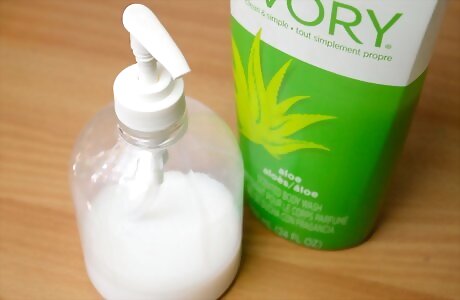
Do not buy overpackaged products. Avoid buying items packaged in individual serving sizes. Buy one larger bag or bottle instead of many smaller ones. Since you are paying for less packaging and shipping, you may also pay less by buying in bulk. Ask your butcher to wrap your meat in peach paper only, then attach the price on top to keep the paper folded. Peach paper is a strong, water- and oil-proof beef or pork wrapping paper normally used to split stages of meat inside a Styrofoam tray. It is available in rolls or in sheet. Buy fresh, unpacked, fruits and vegetables. As supermarkets sell some of their produce in plastic bags or containers, this step will also make you more prone to choose to buy at local stores which will further reduce transportation waste and promote the local businesses. If available, buy grains, pasta and dried fruit in bulk. Buying grains while dried and boiling them at home is not only much cheaper (by weight) but also healthier for your gut. Look at whether the package is recyclable in your area before you buy.
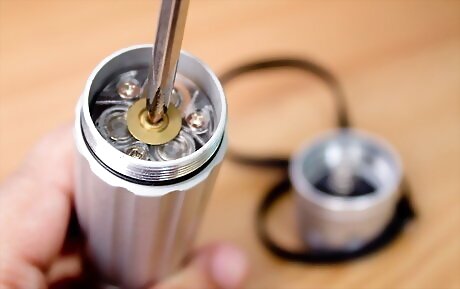
Maintain and repair instead of replacing. The golden rule is buying less, so if something stops working we can try to see if it is repairable. This will not only avoid packaging waste, as well as keeping local businesses alive. Even if we find that the repair price is higher than buying a brand new cheaper device, if affordable, we can see it as the real "green tax". Don't throw out your vacuum cleaner if it isn't picking up. Check the bag and the belt and make sure the hoses are free of clogs. Take it to a shop and ask if you can't repair it yourself.
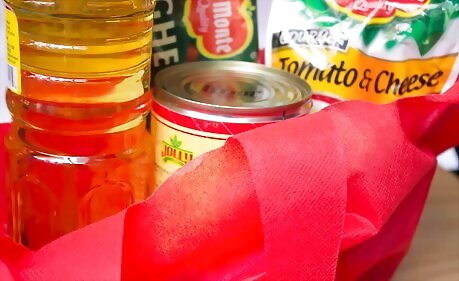
Use your own bags when you go grocery shopping. Both paper and plastic bags do the environment little good. Bring a canvas bag with you to the store. Ask store clerks not to bag items that have their own handles (milk, bottled laundry detergent) or already have bags (produce) or packages (cereal). Often, the package an item comes in is at least as convenient as putting that package in another bag. Ask for no bags if you only bought items that you can easily carry or if the items are going straight from cart to car to kitchen. Pack your purchases yourself. You can pack them your own way and save time and bags. If you cannot avoid getting a plastic bag from the store, reuse it as a trash bag for the bathroom, bedroom or kid's room.
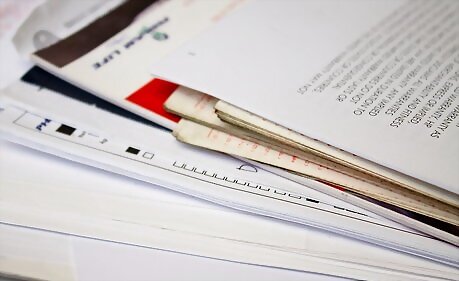
Go Paperless! Paper makes up about 30% of average American garbage. Don't print pages if you can see the information on the computer screen. Use a note-taking or journaling app to collect information you wish to save. Receive and process bank statements, pay stubs, bills, and many other documents electronically. Read newspapers and magazines online if they are available there. Avoid collecting brochures and flyers. Were you going to read them, anyway? If you do want to follow up with somebody, take a business card, or take a photo of their literature or sign. Use reusable gift bags. You can even make your own out of fabric. Stop your junk mail. A few phone calls or web page visits can work wonders. It will save you time, clutter, and possibly money, too.
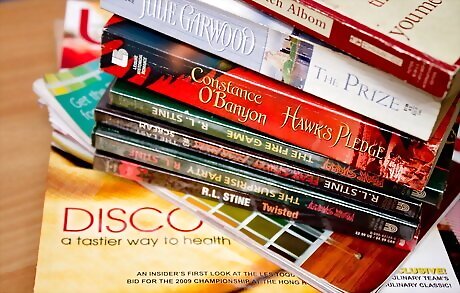
Give away or sell what you don't need. This will also strengthen your community's sense of community, which will further decrease the need to buy things as everyone will be more prone to help each other with what already exists. Speak with your friends, family and coworkers and let them know you have things you don't need and they or someone they know may. Search for local shelter houses to donate clothes or leave them out in a busy street - someone in need may take it right away! Try Freecycle, Craigslist, and Facebook Marketplace to donate or sell. Contact with your local charity and see what they are in need of. Donate washcloths, towels, and sheets to your local animal shelter or veterinarian. They will be glad to have them.
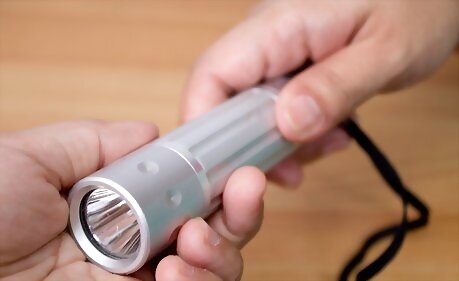
Borrow, lend, rent, and share. In retrospect, you can also be open to receive from others. If you and your neighbor both do your own gardening, do you each need your own lawnmower? Could you rent a tiller, pickup truck, or cement mixer for the day or week when you need it? Can you check
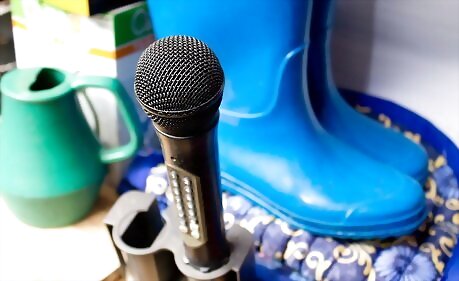
Purchase used products from garage sales, classified advertisements, or anywhere else they are available. You'll save money and reduce the demand for new products. Buying used is a direct form of recycling.
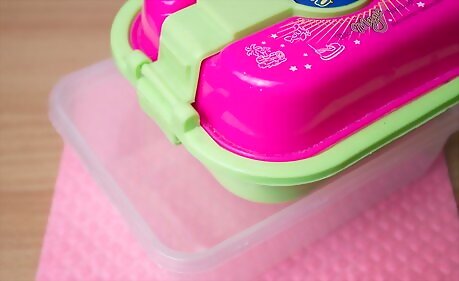
Use reusable materials and avoid disposable ones. Use fabric napkins instead of paper napkins or paper towels. Find two or three per member of your family (hint: thrift stores and garage sales are a great source). If they do not all match and they are not too dirty, family members can use them for more than one meal. Pack a waste-free lunch. Use a lunchbox, not a paper bag. Use reusable food containers instead of plastic bags or prepackaged drinks, both in your lunch box and at home. If you do use plastic zipper bags for food storage, you can wash and reuse them several times. Do not reuse bags that contained meat. Avoid using paper plates, paper or plastic tablecloths, and disposable flatware. Use a washcloth instead of a disposable face wipe. Use fabric, not paper, towels, in the kitchen and bathroom. Clean with terry towels instead of paper towels or wipes. Use cloth diapers, at least when you are at home. Wash the diapers instead of throwing them away. If you menstruate, try using a menstrual cup and/or washable fabric pads. They can be a bit more expensive but in the long run, they will definitely save you money and trips to the trash bin! They are also less likely to cause Toxic Shock Syndrome caused by the absorption chemicals. If you are uncomfortable with the cups, or you are in a situation where you can't wash them properly and you need tampons, at least use the one without the applier. Every bit less of plastic counts!

If you have a garden, compost and mulch your garden with what you grow there. It will cut down your yard and vegetable waste (often around 15% of the waste that households produce) and it will improve your soil and your garden without the use of chemical fertilizer. If you can use mostly materials you were producing anyway, such as grass clippings and fallen leaves, you will also save many trips to the nursery or hardware store to buy mulch and soil. If you don't have a garden, inform yourself on whether your municipality collects this kind of waste.
Use your local public library. Borrow books, music, movies, magazines, newspapers and then return them to share with others instead of creating more, or storing them forever. You can also donate to the library the books that you don't want anymore.
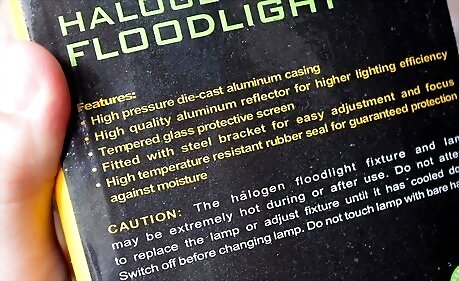
Buy for durability. Whenever possible, choose a product that you will use for a long time and be able to maintain and repair should it be necessary. It may cost a bit more up front, but it will save waste and money in the end. Durability goes for style and fashion, too. It is not always possible to tell before buying something how soon it will be hopelessly out of date. However, it is usually possible to buy simple, classic styles that you like and can wear or display in your home for a long time. Search the web for "buy it for life," or the abbreviation "BIFL." You'll find forums and product recommendations for exceptionally durable products of all sorts, from tools and utensils to things you might not expect, such as socks. If you're looking for something and don't find a "buy it for life" recommendation, ask for one in a forum concerned with the topic.
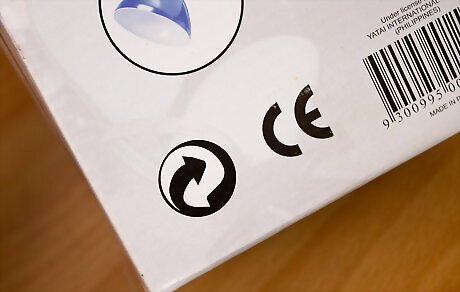
Reuse and Recycle!















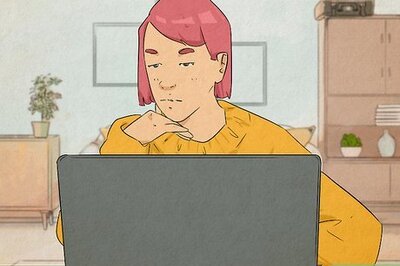



Comments
0 comment